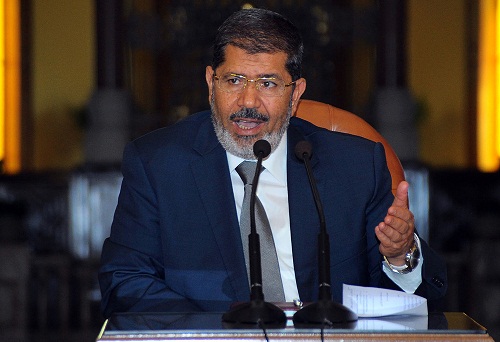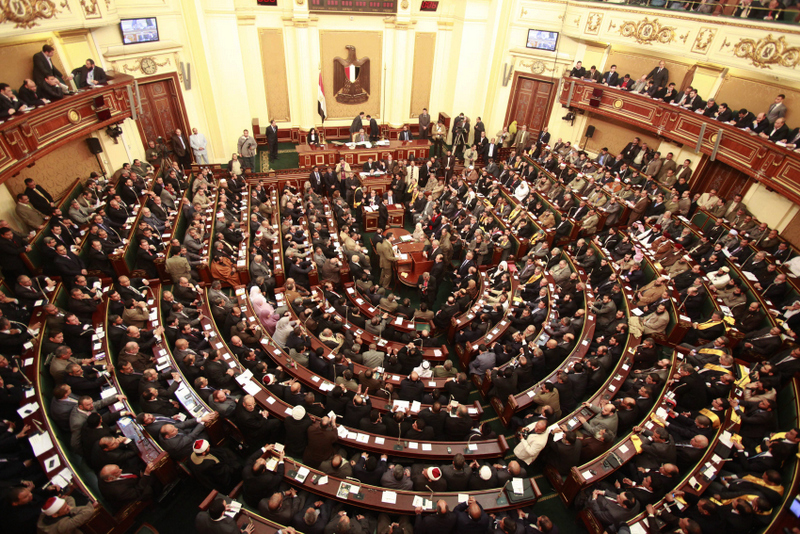
(DNE Photo)
In a major symbolic gesture, Russian President Vladimir Putin gifted his Egyptian counterpart, President Abdel Fattah Al-Sisi, a Kalashnikov rifle the moment he touched down in Egyptian territory in February.
Al-Sisi has sought improved relations with Russia, Egypt’s second highest weapon provider, since coming to power after the ouster of the Muslim Brotherhood government and former president Mohamed Morsi in July 2013.
After Al-Sisi’s two visits to Russia, one in February 2014 whilst still interim defence minister, and another in August after his take-over as President, Putin returned the visit.
Economic relations with Russia are seeing a sharp rise, with Putin announcing the two countries seek to cooperate in the infrastructure, automotives and chemical industries fields. This runs besides strengthening tourism, educational and scientific exchanges, and investing in energy and gas.
Economic cooperation formed the core of talks between the two countries, one month before the Economic Summit. Over 300 Russian companies are operating in Egypt for investment purposes, with bilateral trade between Egypt and Russia registering $4.5bn in 2014, increasing by 50% compared to 2013.
But the major move was cooperation to establish a nuclear power station. The joint project includes the construction of a station, personnel training and provision of equipment to generate electricity.
Al-Sisi and Putin also planned to drop the US dollar exchange in trade between the two countries, to counter the depreciation of the Russian Rouble due to US and EU sanctions.
In another step towards Russian partnerships, Minister of Industry and Foreign Trade Mounir Fakhry Abdel Nour visited Moscow in September. He called on Egyptian companies exporting to Russia to establish affiliate offices in Moscow to market their products. Moreover, he assigned the Egyptian embassy’s trade office to study expansion in trade centres showcasing Egyptian products.
Military ties continue to expand nevertheless. In his earlier visit in February 2014 in his capacity as defence minister, Al-Sisi and Putin agreed on a $3.5bn deal. The deal will see Russia provide Egypt with MIG-29 fighter jets, Kornet anti-tank missile systems as well as a MI-35 helicopter.
On Wednesday, Defence Minister Sedki Sobhi was in Russia for further military and security cooperation with his Russian counterpart Sergey Shoigu. The ministers agreed to hold a joint naval drill in the Mediterranean Sea in March 2015.
Two days before the military meeting, President Abdel Al- Fattah Al-Sisi met Russian Security Council secretary Nikolai Patrushev.
Ties between the two countries are at their best for the first time in a long period, according to Abdel Qader’s analysis.
Egypt is moving towards the East, Russia and China in particular, Abdel Qader said. Opening up to Eastern countries does not mean closing doors in the face of the West, Abdel Qader asserted. “It is part of a consistent strategic plan,” he said.

